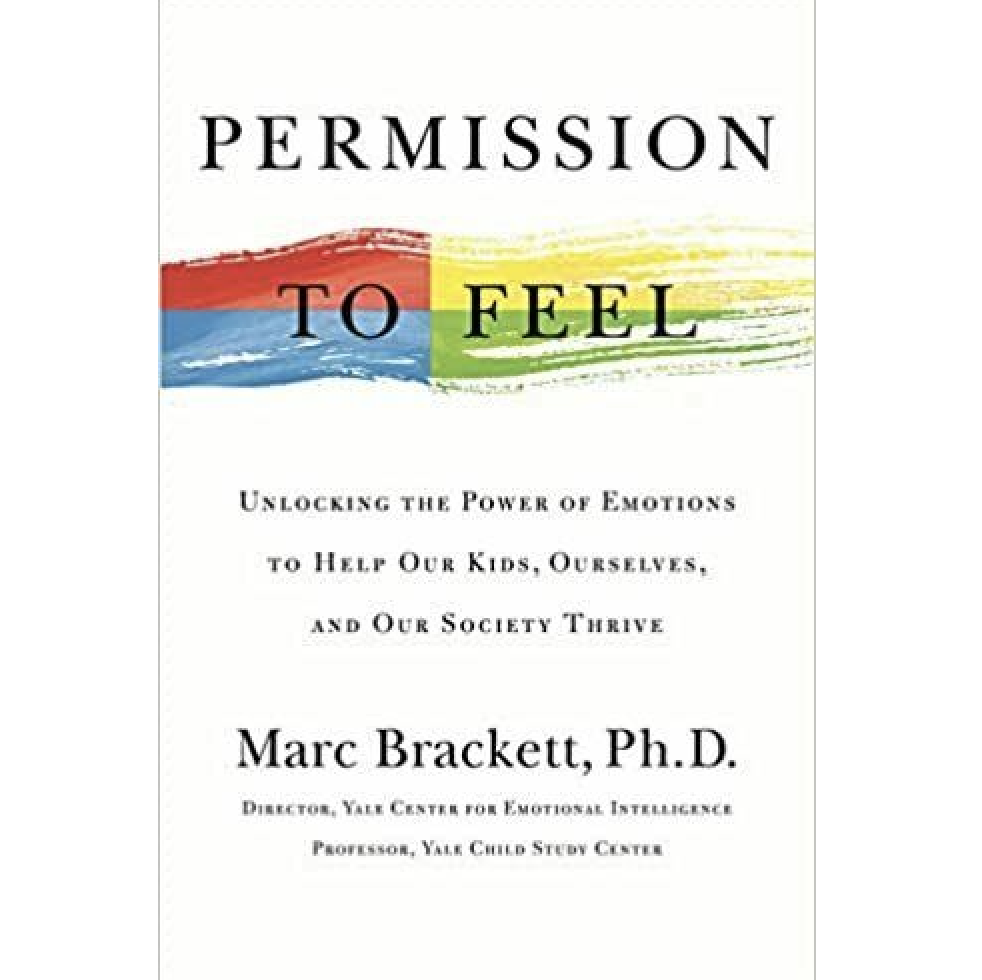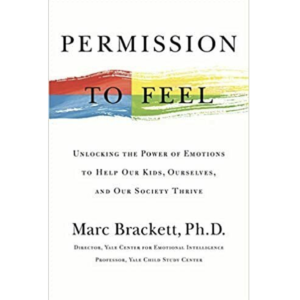We’re all learning lots about online teaching these days: new software (Zoom), new vocabulary (“asynchronous”), new fads (teaching in pajamas).
In many cases, we’re just going with our instincts here. Relying on our experience, we know to [insert technique here].
But because this is Learning and the Brain, we’d like some research to support whatever technique we inserted.
I’ve been reading about “online social presence” lately, and the research here offers lots of helpful insights.
Defining and Exploring “Social Presence”
Unlike many terms in the world of educational psychology (I’m looking at you, “theory of mind”), “online social presence” means what it sounds like.
When we’re together in a classroom, my students and I have a social presence. We’re aware of ourselves as a functioning group. We rely on lots of familiar cues — body language, facial expression, direction of gaze — to navigate those social relationships.
Of course, those familiar cues barely function online. What does “direction of gaze” mean when my laptop camera sees me looking at the lower left image in a Zoom video array?
Many teachers I talk with instinctively know to focus on building a greater sense of online classroom community. Breakout rooms and discussion boards, for instance, let students work with each other in smaller groups.
While it’s hard to participate effectively in a discussion with 30 people — heck, it’s hard to think clearly in an online discussion that large — the right-sized group might foster better conversations and closer connections.
But: what’s the “right-sized group”?
Instincts and Research
In informal discussions, I keep hearing “four or five.”
For no explicit reason, it just seems plausible that we can track an online conversation among the five of us. More than that will get hard to track. Fewer than that will get awkwardly quiet.
Unsurprisingly, researchers have been looking at this question.
One research team, for instance, measured their students’ evaluations of “social presence” in an online masters class in — appropriately enough — “Assessment and Data Analysis.”
For half the term, these students participated in online discussion boards with all 16 members of the class.
For the second half, their discussion groups shrank to 4 or 5.
What did the researchers learn?
Initial Findings, and Beyond
Sure enough, the smaller groups made a big difference.
According to the students’ own ratings, they felt that the small groups enhanced social presence. And, intriguingly, they felt a greater sense of commitment to this smaller group. (Large groups often create a sense of “social loafing,” where participants feel that others will do the heavy lifting.)
In the students’ own words:
“I felt as though I became very familiar with another student’s ideas and thoughts when I was in a small group of four.”
“This format allows us to connect more to previous conversations instead of having to rehash material that was discussed in earlier conversations.”
In other words, we’ve got some research that supports our teacherly instincts: 4 or 5 students works well to promote online social presence.
Always with the Caveats
At the same time, I think we should keep an open mind on this topic.
First: we don’t have lots of research here. I’ve found a few studies, and they all point in roughly the same direction. But we don’t have nearly enough research to have strong opinions, or to be granular in our recommendations.
That is: we don’t know if different age groups benefit from different numbers in small groups. We don’t know about cultural differences. We don’t know if physics discussions benefit from larger numbers than do … say … history discussions. (I don’t know why that would be true, but we don’t have research either way.)
Second: I think we should focus particularly on the students’ age. Most of the research I’ve seen focuses on college students.
This study I’ve briefly summarized looked at graduate students — who had, by the way, signed up for an online masters program. In other words: they’re probably especially open to, and especially interested in, online discussions.
So, I wouldn’t be surprised if this research doesn’t apply directly to 2nd graders.
Because I’m a high school teacher, I don’t have a prediction if younger students would do better in smaller or larger groups. If you teach K-8, I hope you’ll let me know what your predictions would be.
In Sum
Teachers can foster social presence in online classrooms by having relatively small breakout groups and discussion boards.
Until we get more detailed research, we can follow our teacherly instincts to right-size those groups. The research we have suggests that 4 or 5 is the place to start.












